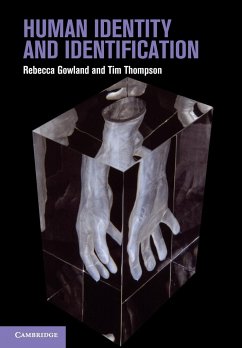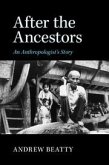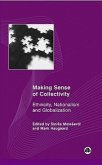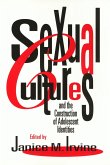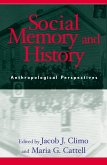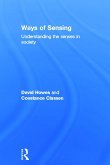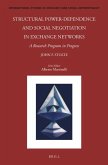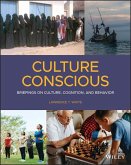Few things are as interesting to us as our own bodies and, by extension, our own identities. In recent years, there has been a growing interest in the relationship between the body, environment and society. Reflecting upon these developments, this book examines the role of the body in human identification, in the forging of identities, and the ways in which it embodies our social worlds. The approach is integrative, taking a uniquely biological perspective and reflecting on current discourse in the social sciences. With particular reference to bioarchaeology and forensic science, the authors focus on the construction and categorisation of the body within scientific and popular discourse, examining its many tissues, from the outermost to the innermost, from the skin to DNA. Synthesising two, traditionally disparate, strands of research, this is a valuable contribution to research on human identification and the embodiment of identity.
Bitte wählen Sie Ihr Anliegen aus.
Rechnungen
Retourenschein anfordern
Bestellstatus
Storno

